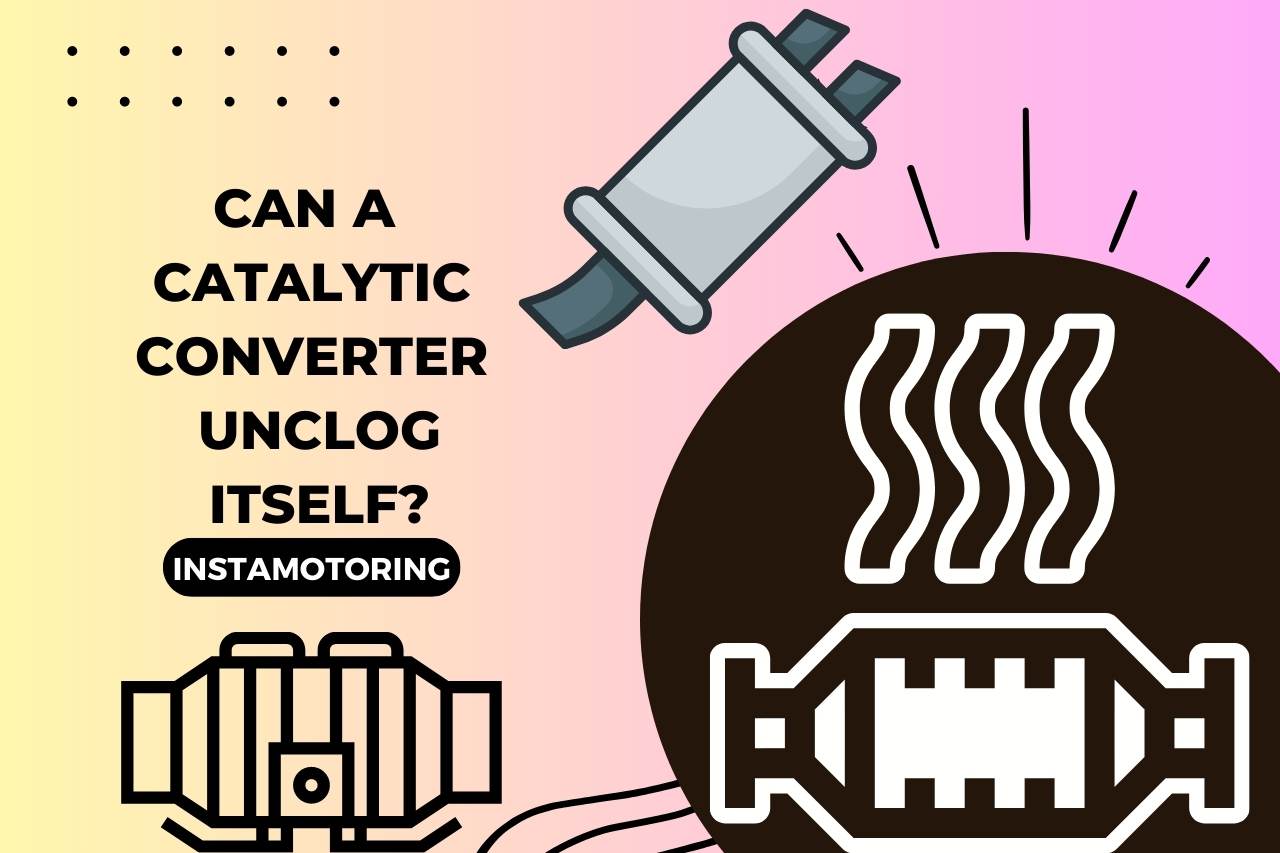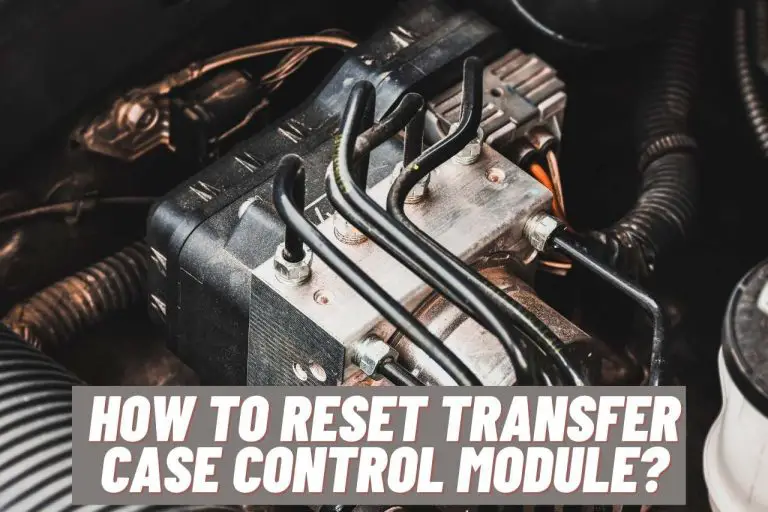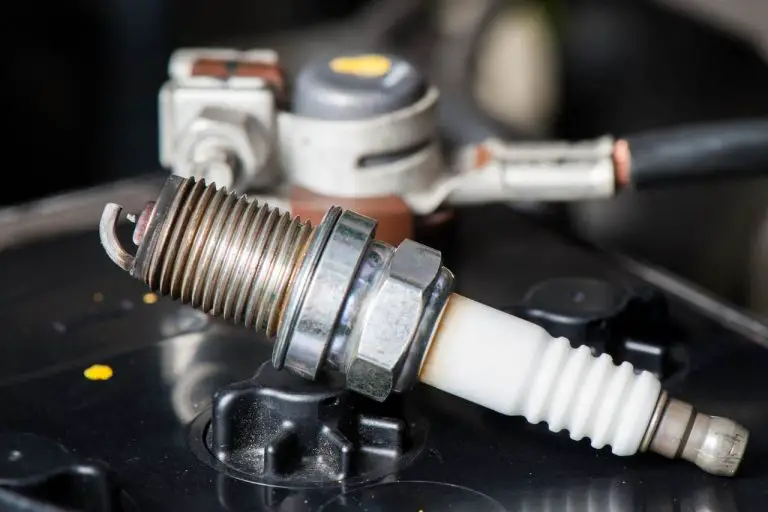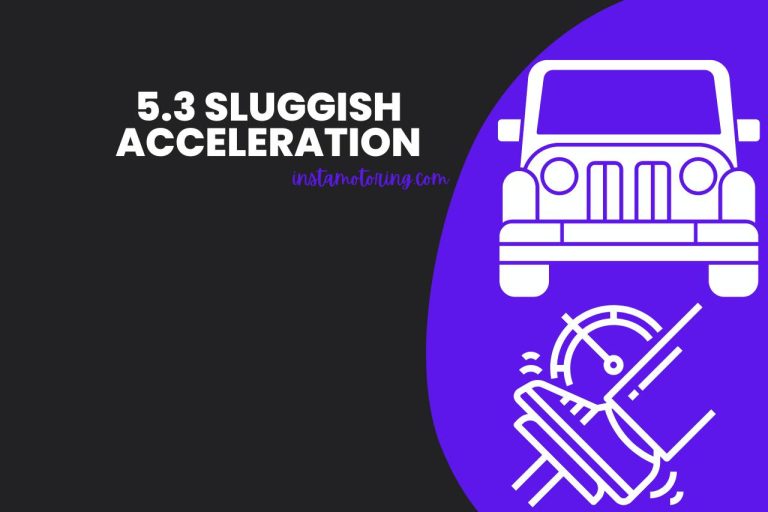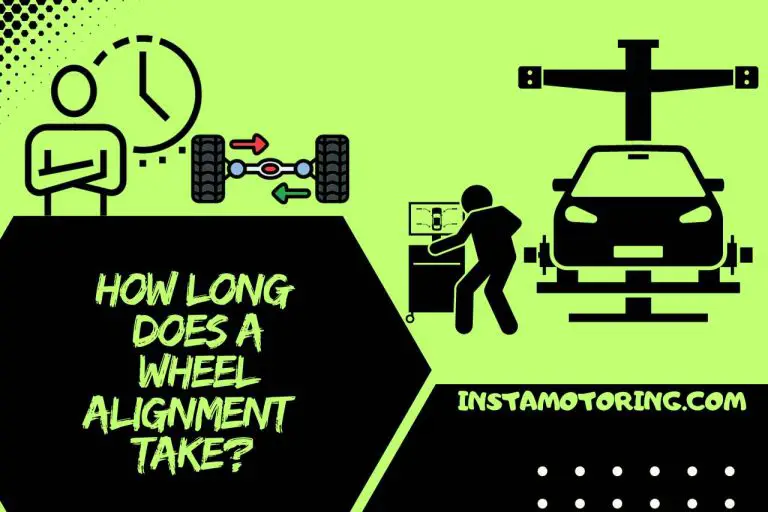Can a Catalytic Converter Unclog Itself? Truth about Catalytic Converter Clogs!
The catalytic converter is an important component of your vehicle’s exhaust system because it helps to remove toxins from the exhaust gas before they are issued to the atmosphere. Therefore, it is vital for the catalytic converter to keep unclogged; otherwise, it will not be able to do its job properly. Most vehicle owners think that a catalytic converter can unclog itself. Today, we are going to reveal the truth about this opinion.
Can a catalytic converter unclog itself? Or do you need to clean the catalytic converter? Keep reading to know the answers to these questions.
What Causes a Catalytic Converter to Become Clogged?
Read the list below to know the reasons behind a clogged catalytic converter.
- Unburned Fuel – if the combustion is not completed, there will be unburned fuel. Next, it can burn the catalytic converter. Then the meltdown of the converter can create a blockage.
- Leaking Coolant – in case coolant leaks into the exhaust system, it can combine with the carbon deposit of the converter. Then there will be soot that blocks the catalytic converter.
- Oil Slipping – engine oil also can leak into the exhaust system. Then there will be oil combusts, which release soot. The soot can make the converter clogged.
- Damaged Spark Plug – when there is a faulty spark plug, the engine will not be ignited properly. As a result, there will be an excess of unburnt fuel. The unburnt fuel can gather and clog the catalytic converter.
- Structural Damage – if there are broken pieces of the catalytic converter, they can clog it.
How does a Clogged Catalytic Converter Affect Vehicle Performance?
Clogged catalytic converter cause to reduce the vehicle’s performance. The catalytic converter is located in the vehicle’s exhaust system, and it is responsible for converting polluted gas into less harmful gas.
If it is clogged by dirt, debris, carbon deposit and grime, the engine’s performance drops. Since the exhaust gas remains in the vehicle due to a clogged converter, your engine can stall from high exhaust pressure. Eventually, the vehicle can sputter.
In addition, you cannot pass the emission test with a clogged catalytic converter. Therefore, it is a must to keep it clean.



Can a Catalytic Converter Partially Unclog Itself Over Time?
Yes, a catalytic converter can unclog itself. However, you need to drive the vehicle at high speed to help the catalytic converter after pouring some catalytic converter cleaner.
The reason why, the converter can unclog when the exhaust system is hotter. Thus, the vehicle should run at high speed for a few minutes. It would be better to reach 2500 – 3000 RPMs. Then the carbon deposit and other debris that clog the converter will burn off due to the high heat.
Anyways, it is vague how much the converter will be cleaned. So, it is recommended to use a cleaner or leave the job to a professional.
What are the Symptoms of a Partially Clogged Catalytic Converter?
These symptoms will help you to identify the condition of your catalytic converter.
- Low Engine Performance – when the converter is clogged, the exhaust gas can be trapped. As a result, you will feel that the engine does not perform well.
- Low Fuel Economy – since there is clogged debris in your converter, the amount of oxygen inside the engine can increase. Consequently, the vehicle will consume more fuel to run.
- Engine Light – if you can see that the check engine light of your vehicle has lit, it implies that the oxygen has been increased in the engine. This light can trigger the oxygen sensor of the vehicle.
- Engine Misfire – when there is an engine misfire, it indicates a fault in your catalytic converter, mostly a clogged converter.
- Bad Odor – if you smell a fume similar to a rotten egg, there might be a clogged catalytic converter.
- Failed Emission Test – a failed emission test can be a sign of a faulty converter too.
Is It Possible for a Catalytic Converter to Clear Itself through Driving Habits?
As we discussed above, you need to drive fast if you want to keep your catalytic converter clean to some extent. As a general recommendation, you can drive the vehicle fast for about 30 minutes at least once a month to unclog the converter. However, depending on your model and the age of the vehicle, this recommendation can vary. Thus, if you are not sure about it, get some advice from a professional.
Can Catalytic Converter Cleaners or Additives Help Unclog It?
There are catalytic converter cleaners in the market which can be easily used without removing the component. They are fuel additives; you need to choose the correct one according to your vehicle model. And measure the right quantity of cleaner before you pour it into the gas tank.
After that, you can drive the vehicle at high speed for about 30 minutes to unclog the catalytic converter. Then the fuel mix will break the carbon deposits and other debris. After you run the vehicle, you need to reset the OBD code as well.
What are the Risks of Driving with a Severely Clogged Catalytic Converter?
If you run the vehicle with a clogged catalytic converter, it will lead to a failure in the component. Thus, a faulty converter can cause an engine to misfire. And since there might be unburned fuel, it can gather and cause the engine to overheat.
Moreover, the back pressure of your vehicle can be increased. An overheating engine is dangerous for the passengers in the vehicle since there is a threat of a fire hazard. Therefore, it is advisable not to drive a vehicle with a clogged catalytic converter.
When is It Necessary to Replace a Clogged Catalytic Converter?
Sometimes, you will have to replace your catalytic converter if it cannot be recovered using cleaners and other methods. If you notice these kinds of severe problems, it is time for a replacement.
Basically, there will be a slow powertrain performance in your vehicle. And also, the acceleration will be reduced significantly.
Moreover, the smell of sulfur from your exhaust will always spread when you drive the car. Other factors to consider are the extreme heat and dark exhaust smoke.
Watch this one,
Video Credits – Auto V Fix
You May Also Like
- How to Reset Transfer Case Control Module? – The Best Guidance
- Can You Resurface Slotted Rotors? (Is It Possible & Worth It)
- How to Clean Fuel Injectors Without Removing Them? Easy Tricks



My name is James, I work as an Automotive Designer with 9 years of experience. I also work as a mechanic and vehicle inspector. I love deciphering complicated car exteriors and interiors and resolving fluid and oil troubles. InstaMotoring.com is here to help you troubleshoot your car with dependable and expert help.

